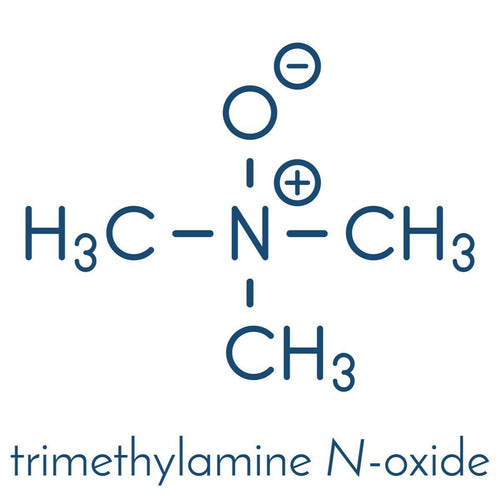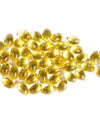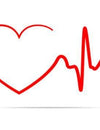You may have read that B Vitamins don’t provide any benefits for the cardiovascular system.
Is that true, or is the reason instead a lack of knowledge?

Decide for yourself, but read this first.
While there is research showing no benefits for the cardiovascular system, could the reason be that the research methodology used in those studies were not the best?
2 of the references you will find here will give you access to the full article if you want to dive in deeper.
This is what was found in a double-blind randomized controlled trial of 390 participants (Wang L., et.al., 2015).
400 mcg of folic acid, 2 mg of B6 and 10 mcg of B12 were given for 12 months and resulted in a 9.6 % increase in HDL cholesterol, the so called good cholesterol. The Framingham risk score was also reduced by 7.6 %.
This was a low dose of B Vitamins which the researchers pointed out, so even at a low dose, there are benefits.
The following research is interesting because the participants were 46 patients with coronary artery disease given 400 mcg of folic acid daily or high dose folic acid of 5 mg daily for 7 weeks before coronary artery bypass grafting (Shirodaria C, et.al., 2007).
They were evaluated very thoroughly with MRI and vascular tissue levels of 5- Methyltetrahydrofolate levels, the metabolically active form of folate.

The researchers found that both the low dose and the high dose of folic acid equally improved vascular function through effects on endothelial nitric oxide synthase and vascular oxidative stress.
The MRI showed that the folic acid significantly improved both aortic and carotid artery distensibility compared to the placebo.
Aortic pulse-wave velocity, a measure of vascular stiffness was also significantly reduced compared to the placebo.
A significant reduction in vascular superoxide production was found from taking folic acid, which means that it had biologically important effects on vascular oxidative stress.
When 553 patients after having angioplasty because of coronary artery stenosis (blocked artery) were given 1000 mcg of folic acid, 400 mcg of B12 and 10 mg of B6 per day or a placebo for 6 months , the B vitamins significantly decreased the incidence of major adverse events (Schnyder G, et.al., 2002).
This shows that when we have well designed clinical studies with a thorough evaluation, B vitamins provide important cardiovascular benefits.

If you only took 1 capsule a day of a high-quality B-Complex formula, you would receive important cardiovascular benefits according to the above studies.
References
Schnyder G, Roffi M, Flammer Y, Pin R, Hess OM. Effect of homocysteine-lowering therapy with folic acid, vitamin B12, and vitamin B6 on clinical outcome after percutaneous coronary intervention: the Swiss Heart study: a randomized controlled trial. JAMA. 2002 Aug 28;288(8):973-9.
Shirodaria C, Antoniades C, Lee J, Jackson CE, Robson MD, Francis JM, Moat SJ, Ratnatunga C, Pillai R, Refsum H, Neubauer S, Channon KM. Global improvement of vascular function and redox state with low-dose folic acid: implications for folate therapy in patients with coronary artery disease. Circulation. 2007 May 1;115(17):2262-70.
Wang L, Li H, Zhou Y, Jin L, Liu J. Low-dose B vitamins supplementation ameliorates cardiovascular risk: a double-blind randomized controlled trial in healthy Chinese elderly. Eur J Nutr. 2015 Apr;54(3):455-64.
Vitamin B Complex
The B1 (thiamine), B2 (riboflavin), B6 (pyridoxine), and B12 (cobalamin) comes in their physiologically active form, making them easier to absorb.










